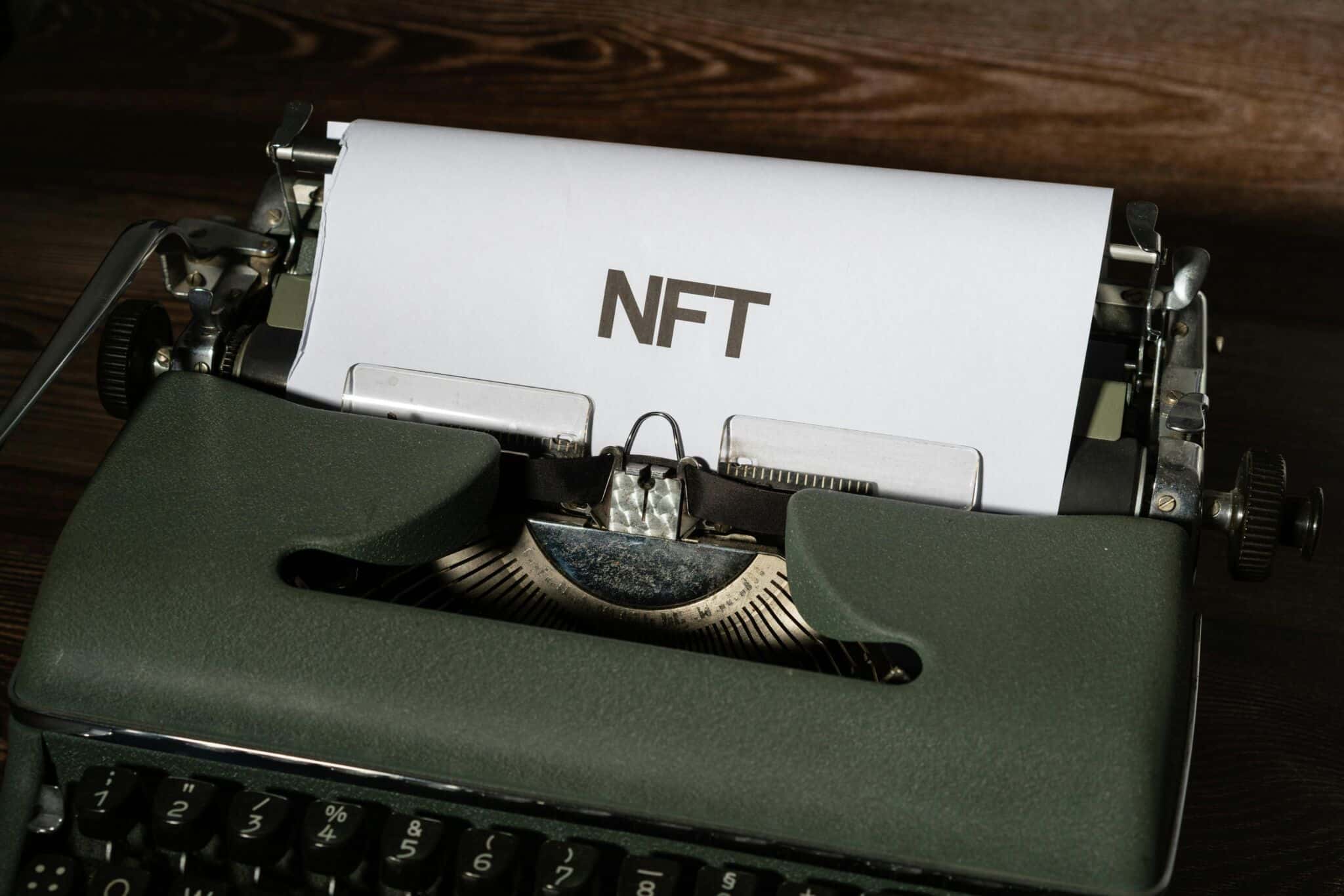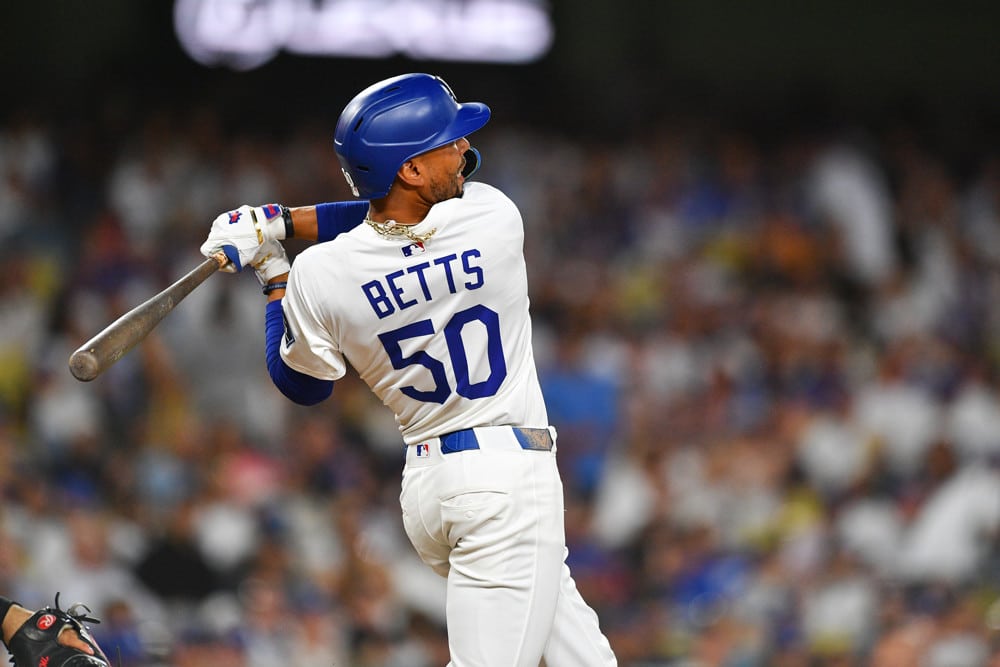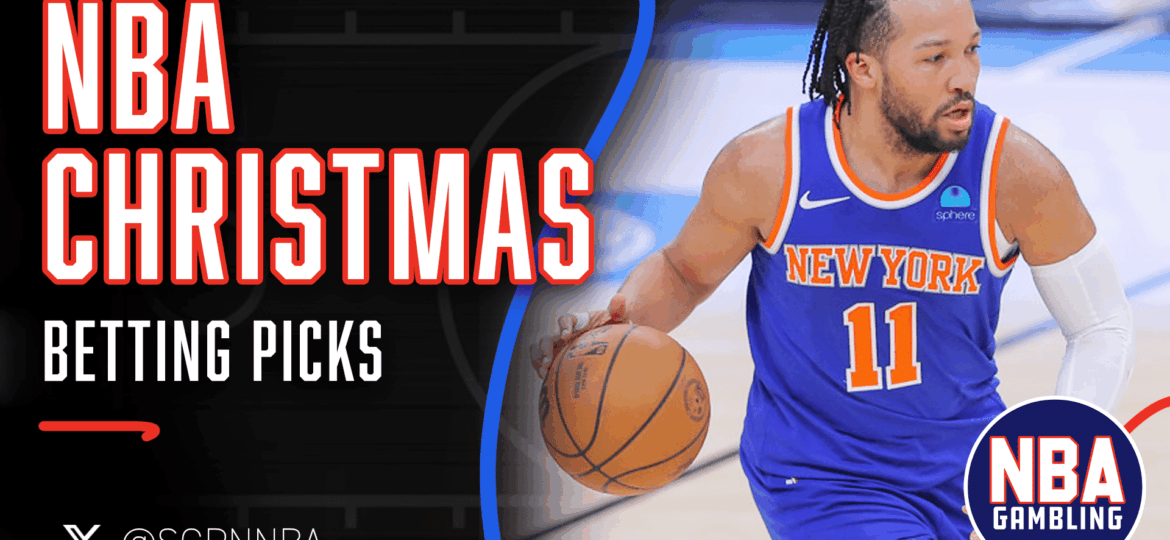
Glory Casino Bangladesh is a great example of how next-generation platforms are already responding to this trend. As one of the fastest-growing online gambling brands in South Asia, Glory Casino Bangladesh incorporates a modern approach to digital entertainment, constantly exploring blockchain tools, including NFTs, to stay competitive and appeal to younger, tech-savvy players. By blending traditional casino mechanics with decentralized technologies, the casino hints at what the future of online gaming may look like.
What are NFTs in the Context of iGaming?
To understand how NFTs can affect online gambling, we must first define what NFTs are and how they function. A non-fungible token is a unique digital asset stored on a blockchain. Unlike cryptocurrencies such as Bitcoin or Ethereum, which are interchangeable, NFTs are one-of-a-kind. This uniqueness allows them to serve as proof of ownership for digital items — whether it’s a JPEG, a piece of music, or a virtual roulette table.
NFTs rely on smart contracts — self-executing code on the blockchain — to define and enforce the rules of ownership, transfer, royalties, and more. These smart contracts are what allow NFTs to be traded, sold, or transferred without centralized intermediaries. This is especially powerful in gambling, where transparency and provable fairness are critical. With NFTs, a casino can tokenize almost anything: loyalty rewards, avatar skins, VIP passes, or even game outcomes.
To clarify their role in the iGaming ecosystem, here’s a comparison of traditional casino assets vs NFT-based assets:
| Asset Type | Traditional Casinos | NFT-Based Casinos |
| Player Avatars | Generic or fixed | Customizable, ownable NFTs |
| Loyalty Points | Centralized, resettable | Blockchain tokens, tradable |
| VIP Access | Based on spend history | Token-gated using NFT passes |
| Game Skins / Tables | Non-transferable, platform-owned | Player-owned, provable scarcity |
| Rewards & Bonuses | Temporary, casino-issued | Perpetual, blockchain-based |
This shift toward player ownership introduces a new level of interactivity and engagement in the gambling experience, which is why NFT integration is drawing the attention of innovators in the field.
Integration of NFTs in Online Casinos
While NFTs are still a relatively new concept in iGaming, several online casinos are already experimenting with their use. These implementations go far beyond cosmetic features and touch core areas of the user experience, monetization models, and community engagement.
One of the most common implementations involves NFT-based slot games. In these, players can own a tokenized version of a specific slot machine or game reel. The NFT may come with built-in rewards such as higher return-to-player (RTP) rates, access to exclusive tournaments, or passive income through revenue sharing. In some cases, owning such NFTs grants holders a percentage of the casino’s profits from that specific game — essentially turning players into stakeholders.
Another emerging use case is the exclusive NFT membership pass. These NFTs serve as digital keys to access private VIP rooms, high-stakes tables, or early-bird promotions. Because they live on a blockchain, these tokens can be traded or gifted between players. In this way, digital collectibles add an economic layer to casino loyalty programs, increasing their value and user retention.
Here are five active use cases of NFTs in current online gambling platforms:
- Tokenized Slot Machines – Players buy limited-edition NFTs of specific slots and earn revenue from usage.
- NFT Loyalty Cards – Instead of resetting points, casinos issue on-chain NFTs that grow in value with activity.
- Collectible Live Dealer Avatars – Players customize their look with rare NFT skins visible in real-time games.
- Access NFTs for Exclusive Tournaments – Only NFT holders can enter certain poker or blackjack tournaments.
- Player-to-Player Trading Marketplaces – Players can buy, sell, or rent their in-game assets via decentralized exchanges.
These examples demonstrate the significant transformation NFTs can bring to the structure of online casinos. Instead of passively participating, players become stakeholders, collectors, and contributors to the ecosystem.
Benefits of Using NFTs in Online Gambling
The integration of NFTs into the online gambling industry comes with numerous advantages — not just for the operators but also for the players. One of the most compelling benefits is enhanced player engagement and personalization. In a standard casino, avatars and player profiles are generic, and loyalty systems are rigid. With NFTs, users can fully customize their experience, from using exclusive table skins to showcasing unique digital badges or even owning a personalized slot game.
NFTs also allow for token-gated content. For example, a player holding a specific casino NFT could unlock private tables, early access to new games, or participate in community governance. This transforms the static experience of online gambling into a gamified, tier-based ecosystem where progression and loyalty are verifiable on-chain.
For casino operators, NFTs present new revenue opportunities. Beyond traditional deposits and bets, casinos can:
- Mint and sell limited-edition NFTs tied to games or events.
- Earn royalties on secondary market trades of those NFTs.
- Collaborate with artists and developers to launch collectible series and branded merchandise.
- Create branded NFT collections that double as marketing tools and assets.
- Enable peer-to-peer trading between users, expanding retention and engagement.
From a technical standpoint, NFTs introduce provable ownership and transparency, which helps build trust. Since all transactions and smart contracts are publicly auditable on a blockchain, it becomes nearly impossible for a casino to manipulate results or mislead users regarding bonus terms. Loyalty rewards, VIP passes, and special achievements recorded on the blockchain ensure fairness and prevent manipulation — a significant advancement over centralized systems where such data could be adjusted internally.
Risks and Challenges of NFT Integration
Despite the clear benefits, integrating NFTs into online casinos comes with a complex set of risks. One of the most pressing is regulatory uncertainty. Gambling is already a tightly controlled industry, and adding NFTs — which some jurisdictions treat as speculative assets or even securities — only complicates matters. Regulators in regions like the EU or the US have yet to define how NFT-based rewards and ownership models fit within existing gambling laws.
This lack of regulation creates a legal grey area where users might unknowingly participate in systems that could later be deemed illegal. Casinos, too, risk facing penalties if NFT-based mechanisms are interpreted as unauthorized financial services or investment products. Additionally, integrating Know Your Customer (KYC) and Anti-Money Laundering (AML) compliance protocols becomes harder when users interact with blockchain wallets rather than verified identities.
From a technical standpoint, NFT integration adds layers of complexity. Not all players are familiar with blockchain wallets, gas fees, or private keys. This learning curve can alienate casual gamblers or older audiences unfamiliar with Web3 tools. Furthermore, transaction fees on networks like Ethereum can be prohibitively high during periods of network congestion, making microtransactions for low-value NFTs impractical.
Another challenge is the volatile nature of the NFT market. The value of NFTs can fluctuate dramatically, influenced by speculation, influencer hype, or even unrelated crypto events. This creates uncertainty for players holding NFTs as loyalty assets or access tokens. If the market crashes, those digital assets might become worthless overnight, eroding trust in the system.
Future Outlook: The Role of NFTs in the Casino Metaverse
Looking ahead, the convergence of NFTs, online casinos, and the metaverse is where real transformation could occur. Virtual casino worlds like Decentraland, Somnium Space, and The Sandbox are already experimenting with blockchain-powered gambling environments. In these 3D spaces, players can walk through virtual lobbies, sit at poker tables, and interact using NFT-based avatars.
A major trend is NFT land ownership within metaverse casinos. Just as a real-world casino may lease space to restaurants or shops, digital casinos can rent virtual land to NFT holders who host private rooms or mini-games. This opens up a decentralized revenue model where users are both patrons and landlords.
Interoperability is also expected to evolve. Imagine a future where your NFT avatar from Glory Casino Bangladesh can be used in a poker tournament on another platform. This kind of cross-platform utility enhances loyalty and creates an interconnected gambling ecosystem that rewards long-term engagement.
Furthermore, we may see Decentralized Autonomous Organizations (DAOs) governing casino operations. Players holding governance NFTs might vote on game additions, promotional campaigns, or even dispute resolution processes. This democratization could redefine how online casinos operate and gain trust.
How to Get Started with NFT Gambling
If you’re curious about trying an NFT-enabled gambling experience, there are a few steps you’ll need to follow to get started safely and effectively.
1. Set up a crypto wallet
Choose a Web3-compatible wallet like MetaMask, Trust Wallet, or Coinbase Wallet. These wallets allow you to interact with blockchain applications and store your NFTs securely.
2. Fund your wallet
Purchase cryptocurrency (usually Ethereum, USDT, or BNB) via a regulated exchange and transfer it to your wallet. This crypto will be used for buying NFTs or placing bets.
3. Choose a reputable NFT casino
Platforms like Decentral Games, Rollbit, and Glory Casino Bangladesh are known for exploring NFT integration. Make sure the casino is licensed, offers NFT-based products transparently, and supports secure blockchain interactions.
4. Understand the NFT utility
Not all NFTs are valuable or functional. Some are purely cosmetic; others give access to specific games or passive income streams. Read the NFT’s metadata and whitepaper if available.
5. Engage responsibly
Only gamble what you can afford to lose. Remember that NFTs can drop in value, and gambling still carries inherent financial risk.
Conclusion
NFTs offer a powerful new layer of utility, ownership, and engagement in online gambling. Whether it’s through personalized avatars, tradable loyalty cards, or tokenized slot machines, digital collectibles are already changing how we interact with iGaming platforms.
While early adopters like Glory Casino Bangladesh are paving the way, the industry still faces challenges — from legal grey zones to technical limitations and market speculation. Nevertheless, the trajectory is clear: NFTs are not just a gimmick. When implemented responsibly, they could redefine the future of online gambling as we know it.
By blending entertainment with decentralized finance and digital ownership, NFT casinos introduce an entirely new type of player economy — one where users aren’t just players, but asset holders, collectors, and community members.
FAQs
1. Do I need cryptocurrency to play at an NFT casino?
Yes, most NFT-based casinos require cryptocurrency to purchase NFTs or place bets. Ethereum and USDT are the most commonly accepted.
2. What happens if the NFT I use for casino access loses value?
The NFT may still function as an access key, but its resale value could drop. Always treat NFTs in casinos as high-risk assets.
3. Can I sell NFTs I’ve earned or won at a casino?
In many cases, yes. Casinos often allow NFT rewards to be traded on external marketplaces like OpenSea or Rarible.
4. Are NFT casinos legal everywhere?
No. Legality varies by jurisdiction. Always check local gambling and crypto regulations before participating.
5. How is Glory Casino Bangladesh using NFTs?
Glory Casino Bangladesh is exploring the use of NFTs for exclusive player rewards, avatar customization, and gated promotions — aligning with global Web3 trends.





















